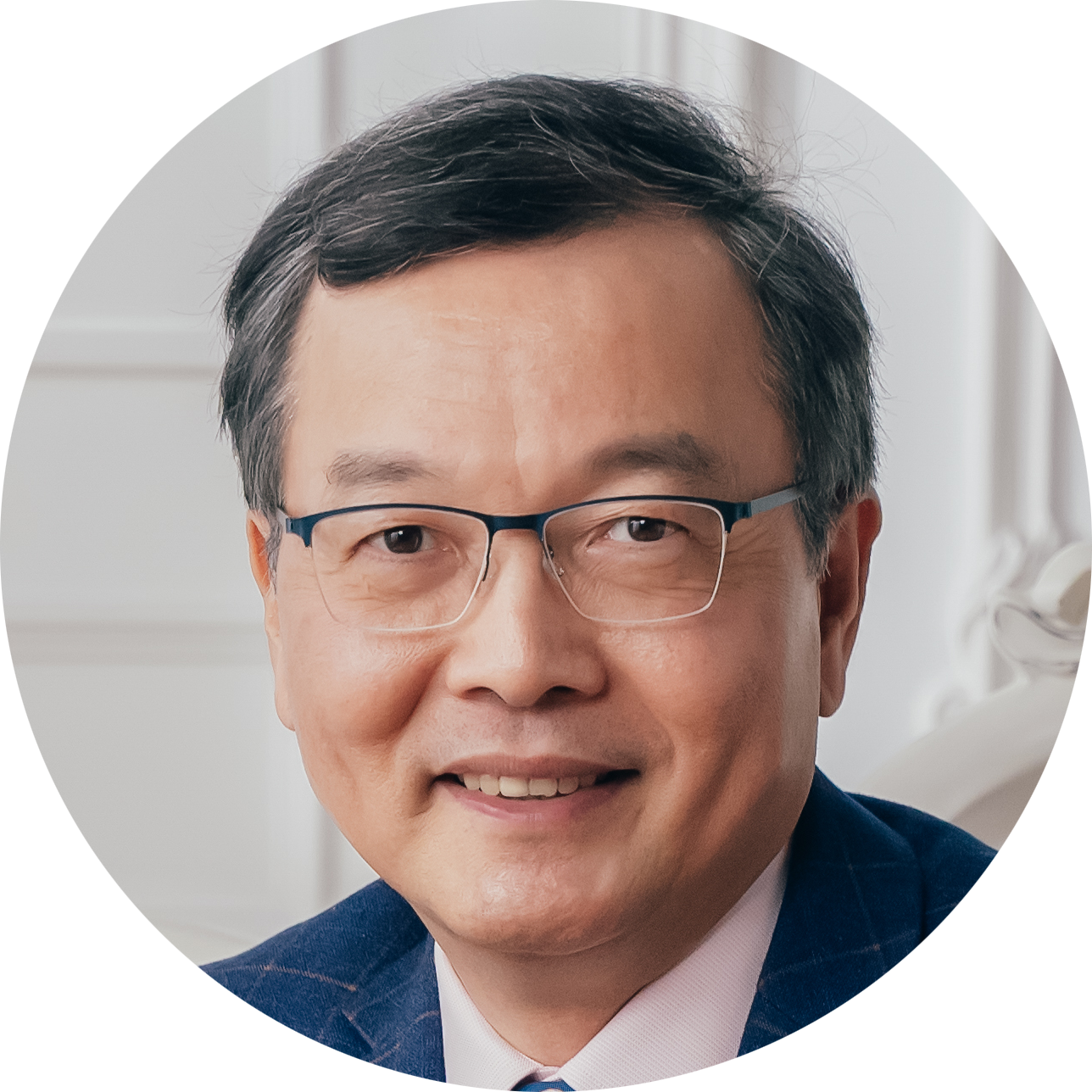Speaker and Presentation Summary
Session 3: Priority Smoke-free Policies for Hong Kong

Dr Hana ROSS
Principal Research Officer, School of Economics, University of Cape Town, South Africa
Biography
Hana Ross received her Ph.D. in Economics from the University of Illinois at Chicago. She is currently Principal Research Officer (Professor Level) at the Research Unit on the Economics of Excisable Products at the University of Cape Town, South Africa. Dr. Ross has over 23 years of experience conducting studies on the economic impact of tobacco control interventions including excise tax policies in Africa, Southeast Asia, and in the European Union. She also works on issues related to illicit trade in tobacco and alcohol, including measuring the size of tax avoidance/evasion and strategies to control the illegal cigarette and alcohol markets. Dr. Ross supports global work on health taxes (tobacco, alcohol, SSBs) in collaboration with the World Health Organization, the World Bank, the International Union Against Tuberculosis and Lung Disease, and Campaign for Tobacco Free Kids, among others.
Presentation Summary: The effectiveness of tobacco tax policies in reducing tobacco use
The research evidence is clear: higher tobacco taxes that lead to higher tobacco prices reduce tobacco use, improve public health, reduce health inequities, and reduce health system burdens. The application of evidence-based tobacco taxes leads to greater fairness and better economy overall.
There are three groups of factors determining the effectiveness of tobacco taxation:
- Tax structure
- Tax level
- Tax administration
The presentation will show global trends in these three areas focusing on achievements made over the last 10 years.
Regarding the tax structure, the global trend supported by research points to the superiority of a specific tax structure. Nevertheless, the current inflationary environment exposes the vulnerability of this tax structure. Fortunately, there are tools such as indexation to address this issue. The presentation will demonstrate this in the case study of Australia.
The issue of tax level brings together the notion of tax share in price and the affordability of cigarettes. The presentation will discuss recent trends and demonstrate the higher level of achievement in high income countries.
The subject of tax administration will point to the progress in adoption and implementation of the Protocol to Eliminate Illicit Trade in Tobacco Products and interrogate or examine links between tax levels and illicit tobacco trade.
The lecture will conclude with some recommendations for Hong Kong to successfully achieve the tobacco end game using tobacco tax policy.

Prof LAM Tai-hing
BBS, JP, FAFOM RACP, FFPH, FFOM (London), Hon FHKCCM, FHKAM (Community Medicine), FRCP (Edin)
Emeritus Professor, The University of Hong Kong;
Honorary Clinical Professor of School of Public Health, The University of Hong Kong
Biography
MBBS (1975), MD (by research, 1988), The University of Hong Kong (HKU) , and MSc medical sociology 1980, MSc occupational medicine 1981, University of London. In HKU, he was Head of the Department of Community Medicine (2000-12) and founding Director of School of Public Health (2009-13), Chair Professor in Community Medicine (2000-21) and Sir Robert Kotewall Professorship in Public Health (2007-21). H-index: 87; Top 1% most cited scientists.
He has published about 1000 papers in international peer reviewed journals. His recent research focuses on using simple interventions and information and communication technology to promote smoking cessation and family well-being.
In tobacco control, he was appointed World Health Organization short-term consultant, temporary advisor or expert participant for more than ten occasions. He has contributed to four WHO reports, on secondhand smoke and child health, policy recommendations for smoking cessation, adherence to long term therapies, and smokefree policies, and one IARC report on reversal of risk after quitting. He is one of the leading advocates for banning E-cigarettes and heated tobacco products in Hong Kong, and a key partner of Hong Kong Council on Smoking and Health (Vice Chairman (2002-08)).
WHO Award:
1998, a WHO Commemorative Certificate and Medal on achievement worthy of international recognition in promoting the concept of tobacco-free societies.
Recent work for WHO:
2019 temporary advisor to Expert Consultation to Inform the Development of a Regional Action Plan for the Tobacco Free Initiative in the Western Pacific (2020-2024), Manila.
Presentation Summary: Tobacco endgame or nicotine pandemic?
Tobacco Endgame is becoming a shared vision of many, but is a double-edged sword that can mean either to end the tobacco including nicotine pandemic or create a new nicotine pandemic. Tobacco Endgame has no standard definition. Countries with an endgame vision commonly target to reduce smoking prevalence to 5% or below by a designated date, but different governments and tobacco control advocates have diverse or opposite stances on e-cigarettes (EC) and heated tobacco products (HTP). Some aim or plan to eliminate all tobacco and nicotine products, while some promote vaping with genuine (but not substantiated) belief that smoking can only be ended with most cigarette smokers switching to EC. Some of the EC advocates are related to the tobacco and vaping industry with conflicts of interests, and some have criticized World Health Organization (WHO)’s prohibition of the vaping and tobacco industry to join Conference of Parties under WHO Framework Convention on Tobacco Control.
The tobacco industry is hypocritical, deceiving the public into their so-called “smoke-free” vision while continually fighting against all effective tobacco control measures, and developing and promoting novel nicotine products. Besides EC and HTP, nicotine candies and nicotine drinks are emerging to attract young and new users. Countries like New Zealand and Australia with successful tobacco control moving to tobacco endgame without a total ban on EC and HTP have seen alarming surges in EC use in young people.
Eliminating both conventional and new nicotine products is crucial to the true end of the smoking and nicotine pandemic. Hong Kong and many countries (about 40) have banned EC and/or HTP. We need a new, non-ambiguous and non-confusing action plan, leaving no loopholes for any nicotine products. We must be cautious and not be distracted by Big Tobacco terms “smokefree world” (implying an endorsement of novel nicotine products) or “tobacco endgame” (meaning nicotine for all). Our aim should always be “Zero Harm from Tobacco and Nicotine”.
Assistance of COSH in this presentation is highly appreciated.

Dr The Honorable LAM Ching-choi, SBS, JP
Member of the Executive Council, HKSAR Government
Biography
Dr Lam Ching-choi is a specialist in paediatric and community medicine and is currently the Chief Executive Officer of Haven of Hope Christian Service. Under his leadership, Haven of Hope Christian Service is one of the pioneers in the provision of holistic care for the elderly in Hong Kong.
Dr Lam is a non-official member of the Executive Council of the Government of the Hong Kong Special Administrative Region. He also serves as the Chairman of the Council for Sustainable Development to advise the Government on related policies. He is also the Supervisory Board Member & Nominating Committee Member of the HK Housing Society.
Dr Lam was awarded the Silver Bauhinia Star in 2019. Apart from receiving Honorary Fellowship from Lingnan University in 2018, he was also given the Ageing Asia Global Ageing Influencer Award (Special Recognitions) for his devotion to public services and his influence on policy-making for the global ageing trend.
Presentation Summary: Transmitting visions and enhancing social participation in tobacco control
Smoking is a leading cause of chronic illnesses such as hypertension, stroke and coronary heart diseases. Non-smokers cannot fully insulate against tobacco’s harms when they are exposed to second-hand smoke. As tobacco use remains a huge health risk, the government has been carrying out works towards the Tobacco Endgame proactively, including preventing people from becoming smokers and providing support to smokers to quit smoking.
Social support is considered a key factor in the smoking cessation process. Community engagement and mobilization are also essential to programmes addressing tobacco control. The examples of the local “Quit to Win” community campaign, Singapore’s 28-day smoke-free challenge and Beijing’s real-time Complaint Map that engaged the public to report violations of the smoke-free provisions will be shared as examples of effective public engagement to promote a smoke-free city. Collaboration with partners like non-governmental organizations, companies and schools helps to deliver the vision of a smoke-free Hong Kong and develop solutions to meet the aim.
Smoking cessation services should also be integrated into the primary healthcare setting. Building capacity for healthcare professionals through appropriate training may strengthen their roles in smoking cessation by incorporating prevention and cessation interventions in routine practices.
